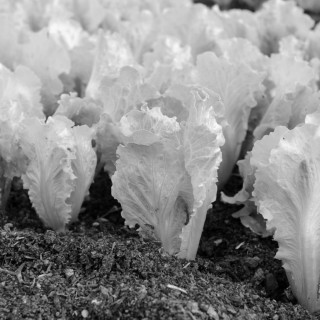
Regulatory Options for Importation of Genome-Edited Foods in Taiwan
Taiwan
Aug 04, 2022

With rapid advancement in modern biotechnology, the agro-food industry has been engaged in producing foods derived from genome-editing technology to meet the growing demand for food security and nutrition worldwide. Unlike those traditionally recognized as safe, these “novel foods” bring regulatory challenges to the insurance of food safety and legal issues over consistency with existing framework of food safety governance. Despite the thriving cultivation of genome-edited crops worldwide, Taiwan’s Council of Agriculture (COA) adopted the policy that neither genetic modified nor edited crops are allowed to plant in the field. Therefore, the genome-edited food products in Taiwan, if any, will come most likely from abroad through importation, and the regulatory pressure will fall stressfully on Taiwan’s Food and Drug Administration (TFDA) rather than the COA. Against such background, this paper will examine possible legal challenges for importing genome-edited food products under current food laws, and explore policy options and considerations for regulation of genome-edited foods in Taiwan. This paper argues that Taiwan FDA could adopt a more cautious strategy toward imported genome-edited foods, in contrast to genome-edited crops as currently permitted for plantation in some countries. Moreover, a categorical case-by-case regulatory approach mixed with product-and-process based considerations can be adopted in tandem with early consultation in order to achieve a more balanced outcome in accommodating various policy objectives and multiple interests involved in the field of newly advanced genome-editing technology.











